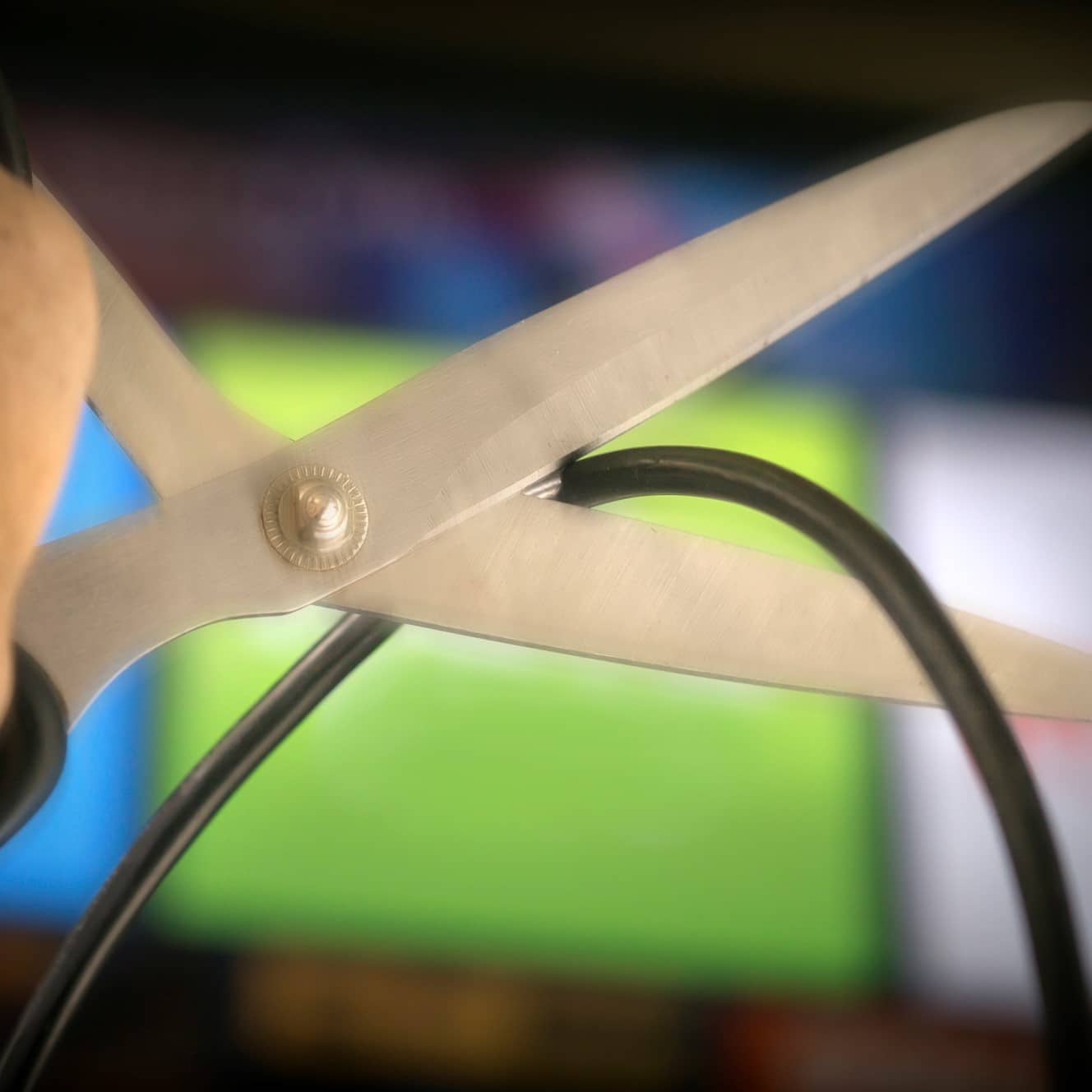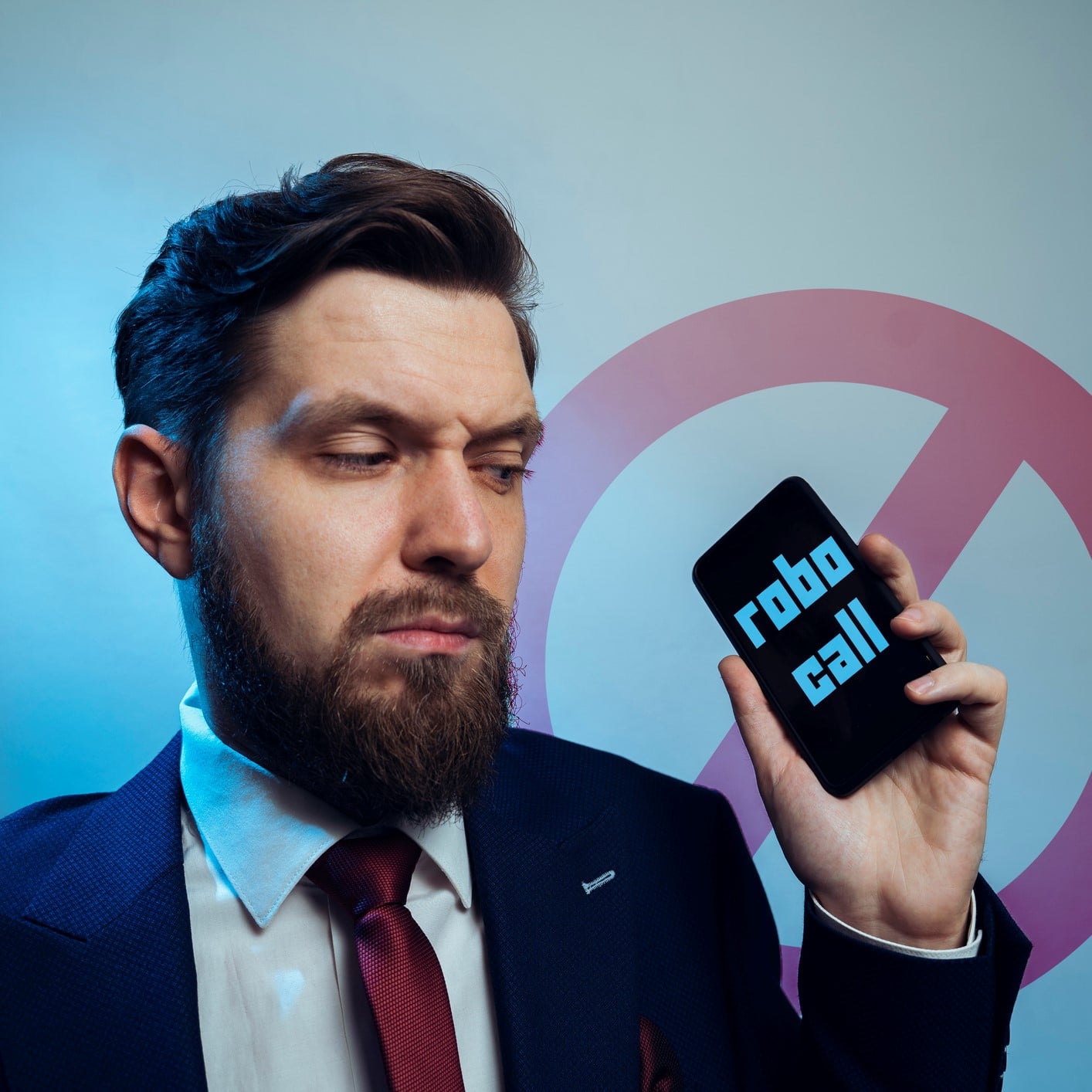U.S. households pay an average of $116 per month for home Internet, according to research from Parks Associates. This includes both standalone and bundled options.
The study, entitled “Quantified Consumer: Fixed vs. Wireless—Consumers’ Shifting Broadband Preferences,” found that U.S. Internet households pay an average of $1,392 annually for home Internet. For a growing number of households, that cost is too high.
Parks estimates that broadband cord cutters save between $600 and $1,800 per year. It is an option being taken by many, with more than 13.9 million home Internet cord cutters in the United States, according to the research. That is a missed revenue opportunity of more than $10.5 billion, according to Parks.
Reasons for cord cutting are, in descending order of prevalence: Cost, a preference for mobility, trouble with the broadband provider, having moved and not yet gotten reconnected, lack of availability and lack of need.
“Consumers overall are increasingly concerned with quality over price; however, older households are concerned about costs,” Parks Associates Director of Research Kristen Hanich said in a press release about the broadband cord cutters research. “Over 80% of those 65+ cite cost as a factor for canceling their home internet, and almost two-thirds of this age group say that they prefer using their mobile internet.”
It’s not all bad news for broadband players. The study also found that some consumers are upgrading to Gigabit speeds and electing to add value-added services. The dynamic includes an ever-higher percentage of consumers that are more concerned with the quality of home Internet service than with price. This tendency has been fueled by the overlapping impacts of the COVID-19 pandemic, the growth of work from home and increases in video consumption and video conferencing.

These trends put increasing pressure on providers to focus on quality. Half of home Internet households have at least one additional service, according to Parks. Hanich says that the desire of consumers to upgrade their home Internet service “remains at an all-time high” and that ISPs risk losing their customers to competitors if they don’t “elevate their value proposition.”
In March 2021, Parks released research that found that at that point more than 12 million U.S. households had cut the broadband cord – and that another 3 million never had an Internet subscription to begin with.



